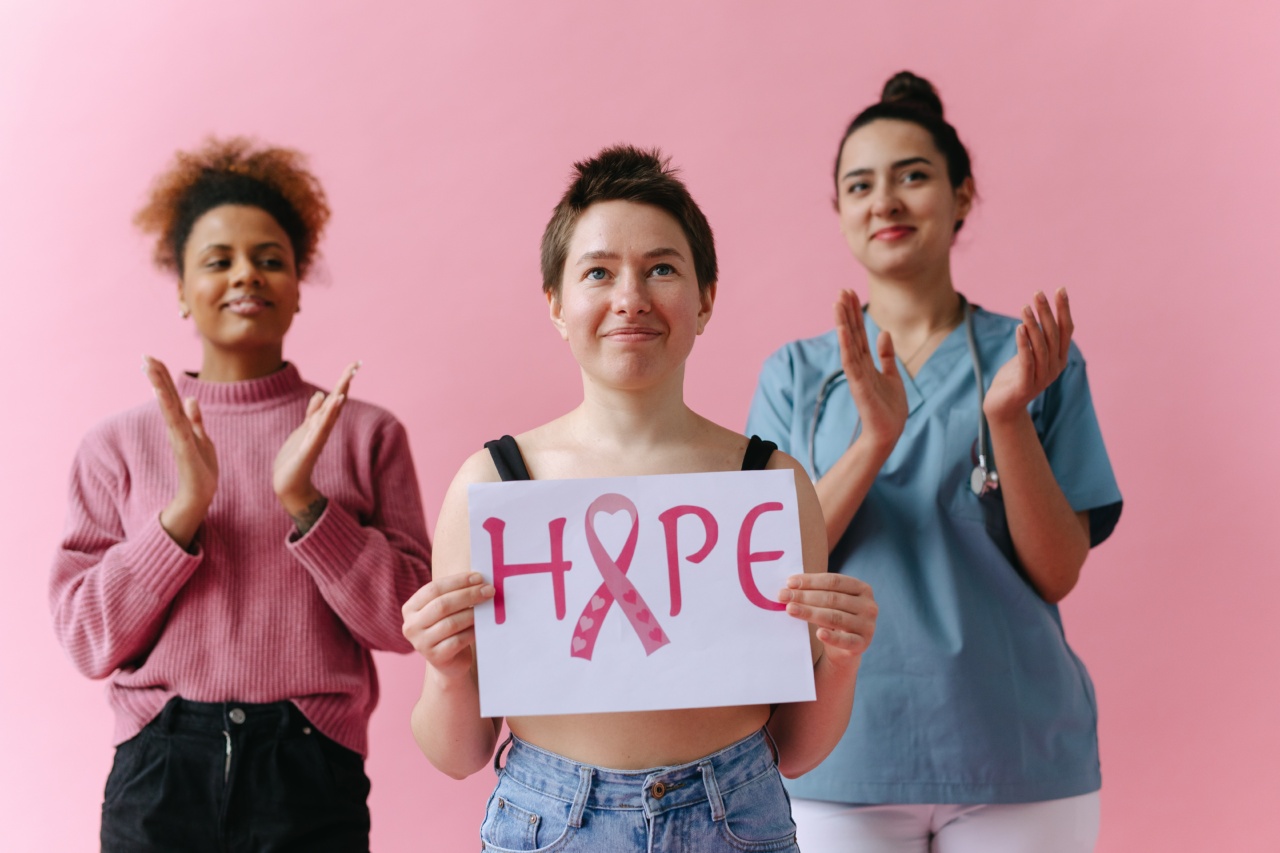Chemotherapy is one of the most commonly used treatments for cancer. It involves the use of drugs that kill fast-growing cancer cells in the body.
Chemotherapy is commonly used in combination with other cancer treatments such as surgery and radiation therapy.
What is Chemotherapy?
Chemotherapy is a type of cancer treatment that uses drugs to kill cancer cells. The drugs travel through the bloodstream to reach cancer cells throughout the body.
Chemotherapy is commonly used to treat cancer that has spread or is in more than one part of the body.
How Does Chemotherapy Work?
Chemotherapy drugs target cells that are dividing rapidly, including cancer cells. The drugs work by interfering with the cell division process, which prevents cancer cells from growing and multiplying.
Chemotherapy drugs may also trigger cancer cell death, or apoptosis, which helps to reduce the size of tumors in the body.
Types of Chemotherapy
There are many different types of chemotherapy drugs, each with their own specific mechanism of action and side effects. Some of the most common types of chemotherapy include:.
- Alkylating agents
- Antimetabolites
- Antitumor antibiotics
- Topoisomerase inhibitors
- Mitotic inhibitors
Administration of Chemotherapy
Chemotherapy can be administered in several ways, including:.
- Injection: The drugs are injected into a vein.
- Oral: The drugs are taken by mouth in pill form.
- Topical: The drugs are applied directly to the skin.
- Injection into the spinal cord or brain: The drugs are injected directly into the cerebrospinal fluid.
- Intra-arterial: The drugs are injected into an artery that leads to the cancer.
Side Effects of Chemotherapy
Chemotherapy drugs can cause a range of side effects, including:.
- Nausea and vomiting
- Fatigue
- Hair loss
- Loss of appetite
- Mouth sores
- Infections
- Bleeding or bruising easily
- Anemia
- Peripheral neuropathy
Effectiveness of Chemotherapy
Chemotherapy can be an effective treatment for cancer, but its effectiveness depends on many factors, including the type and stage of cancer being treated, the patient’s overall health, and the specific chemotherapy drugs being used.
Chemotherapy can be used to reduce the size of tumors before surgery, to destroy any remaining cancer cells after surgery, or in combination with radiation therapy to treat inoperable tumors.
Conclusion
Chemotherapy is a powerful cancer treatment that can save lives and reduce the severity of symptoms. It is an important tool in the fight against cancer, but it is not without its risks and side effects.
Patients who are considering chemotherapy should talk to their doctor about the potential benefits and risks of the treatment.




























